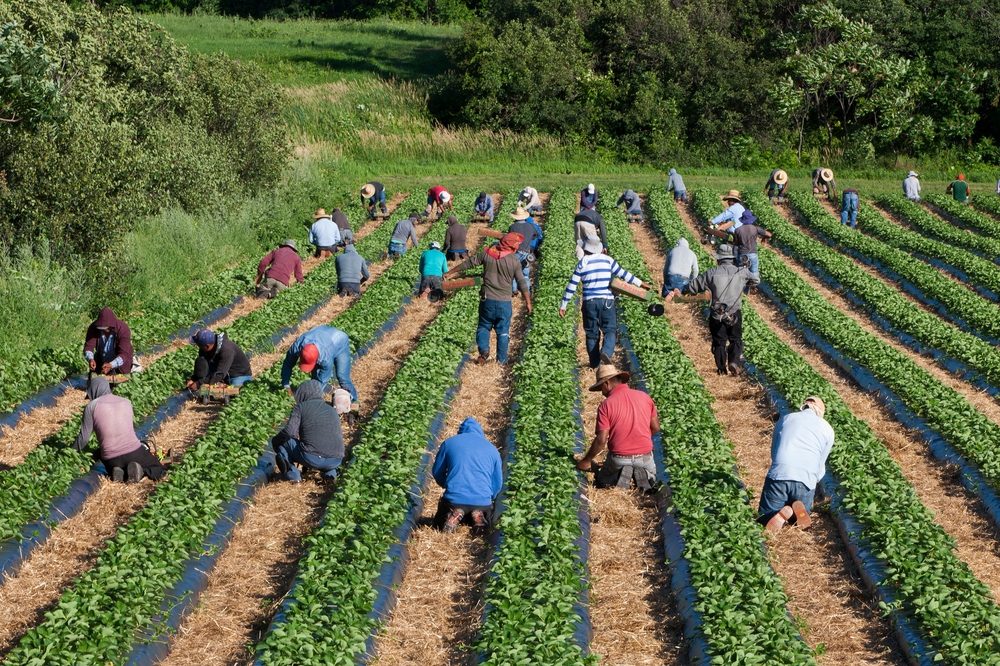Great news for those seeking to work and live in rural areas of Canada! The Rural Community Immigration Pilot (RCIP) has been officially launched, offering foreign workers a new opportunity to settle in designated rural communities outside of Quebec.
This program aims to fill job shortages in smaller communities while giving newcomers a long-term future in Canada. This could be the perfect pathway if you’re looking for growing job opportunities in a rural town.

Which Communities Are Participating in RCIP?
On January 30th, Immigration, Refugees and Citizenship Canada (IRCC) announced that 14 communities will participate in the RCIP program. These communities are spread across six provinces, including:
| Community | Province |
| Pictou County | Nova Scotia |
| North Bay | Ontario |
| Sudbury | Ontario |
| Timmins | Ontario |
| Sault Ste. Marie | Ontario |
| Thunder Bay | Ontario |
| Steinbach | Manitoba |
| Altona/ Rhineland | Manitoba |
| Brandon | Manitoba |
| Moose Jaw | Saskatchewan |
| Claresholm | Alberta |
| West Kootenay | British Columbia |
| North Okanagan Shuswap | British Columbia |
| Peace Liard | British Columbia |
Each community will be represented by its own local economic development organization, which will help match approved employers with job seekers, identify labor shortages, and recommend candidates for permanent residence (PR).
Potential PR applicants and employers will receive application details and specific timelines directly from these communities in the coming months.
Who Is Eligible to Apply for RCIP?
RCIP is a job-focused immigration pathway, meaning that all applicants must have an approved job offer from an employer. The key requirements include:
✅ Work Experience – Relevant work experience is needed for candidates unless exempt.
✅ Job Offer – Must have a full-time job offer from an approved employer in a designated community.
✅ Language Proficiency – Must meet the Canadian Language Benchmark (CLB) level required for the job, depending on the NOC TEER classification.
✅ Education – Applicants must have the equivalent of a high school diploma.
✅ Proof of Funds – Candidates must show they have enough financial resources to support themselves and their families for at least one year.
✅ Willing to Reside – Applicants must be willing to live in the community where they are employed.
✅ Certificate of Recommendation – A certificate of recommendation from a local economic development organization is required.
Note: Candidates who hold temporary resident status in Canada at the time of application must maintain their legal status until they receive permanent residence.






